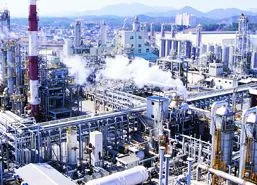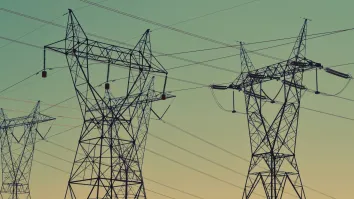
South Korean and Chinese JV to make batteries for EVs
Will become China’s biggest maker of EV batteries.
SK Innovation Company, the holding company of South Korea's top refiner SK Energy Company, has signed an agreement to form a joint venture with state-owned Beijing Automotive Industries Holding Co. and Beijing Electronics Holding Co., the world's fifth largest LCD maker.
The joint venture will invest US$166.4 million to build a battery pack plant that will have an annual production capable of powering 10,000 electric vehicles or EVs by the second half of 2014. A battery pack consists of any number of individual battery cells.
The plant will increase its capacity to power 30,000 EVs by 2017. SK Innovation said the joint venture will grow into the biggest EV battery manufacturer in China by generating annual sales of more than US$175 million.
SK Innovation will provide its own EV to the joint venture until it will set up its own battery manufacturing facility.


















 Advertise
Advertise





